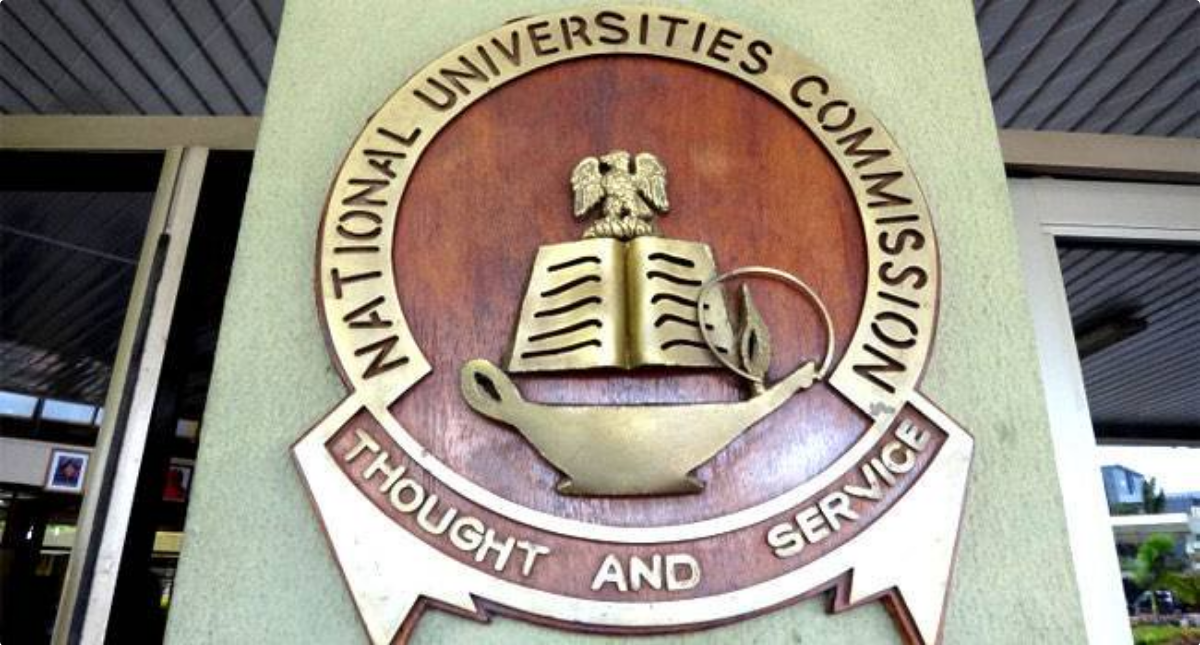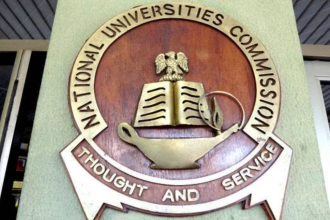FG Approves 11 New Private Universities in Nigeria (2025) – Full List & Locations
In a significant move to expand access to higher education, the Federal Government of Nigeria has granted provisional licenses to 11 new private universities across the country. The approval was announced following the Federal Executive Council (FEC) meeting held on March 3, 2025, at the Presidential Villa, Abuja…….CONTINUE READING
According to the Minister of Education, Prof. Tahir Mamman, the approval aligns with President Bola Ahmed Tinubu’s commitment to reforming and strengthening the education sector. He noted that the new institutions will help reduce the pressure on existing universities and accommodate Nigeria’s growing student population.
🔹 Full List of Newly Approved Private Universities (2025):
-
Prime University, Kuje, Abuja (North Central)
-
Elrazi Medical University, Kano (North West)
-
Anthill University, Abuja (North Central)
-
Miva Open University, Abuja (North Central)
-
Al-Muhibbah Open University, Abuja (North Central)
-
British Canadian University, Cross River (South South)
-
Hensard University, Bayelsa (South South)
-
Phoenix University, Nasarawa (North Central)
-
Wigwe University, Rivers State (South South)
-
Sam Maris University, Ondo (South West)
-
Amaj University, Kwali, Abuja (North Central)
Speaking at the event, Prof. Mamman emphasized that the licensing of these institutions followed rigorous accreditation and quality assurance processes. He reiterated that the new universities are expected to maintain high academic standards and operate in line with the guidelines set by the National Universities Commission (NUC).
The addition of 11 new private universities is expected to ease the burden on federal and state universities, many of which are overcrowded. It will also create more opportunities for specialized education, innovation, and private sector participation in the academic space.
As Nigeria continues to experience a surge in tertiary education demand, the expansion of private institutions is seen as a necessary step toward improving access, reducing brain drain, and fostering national development.





